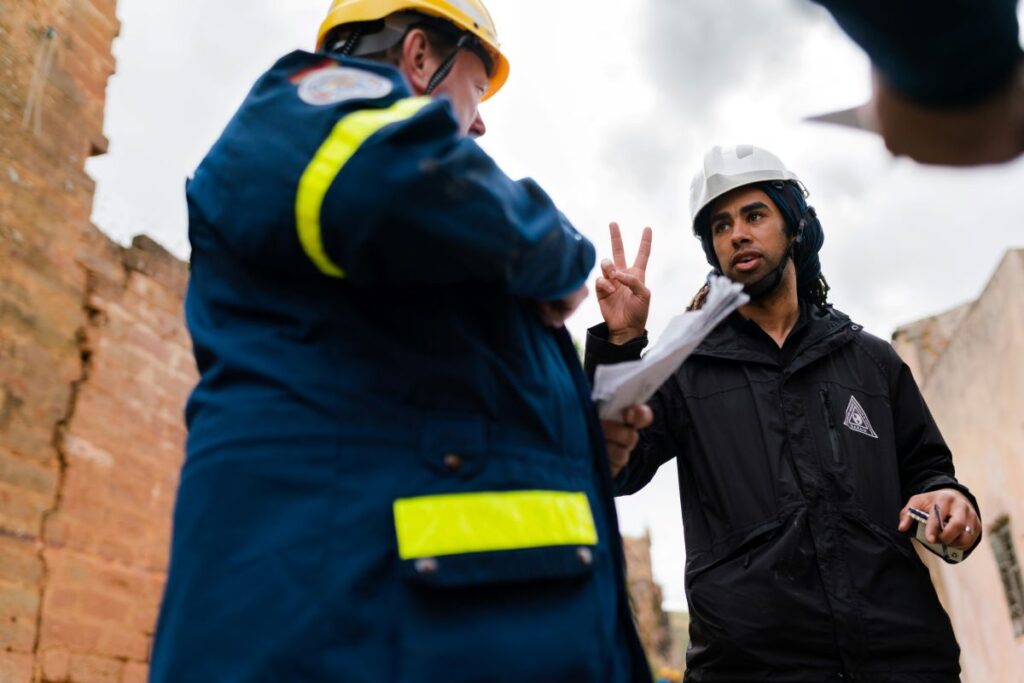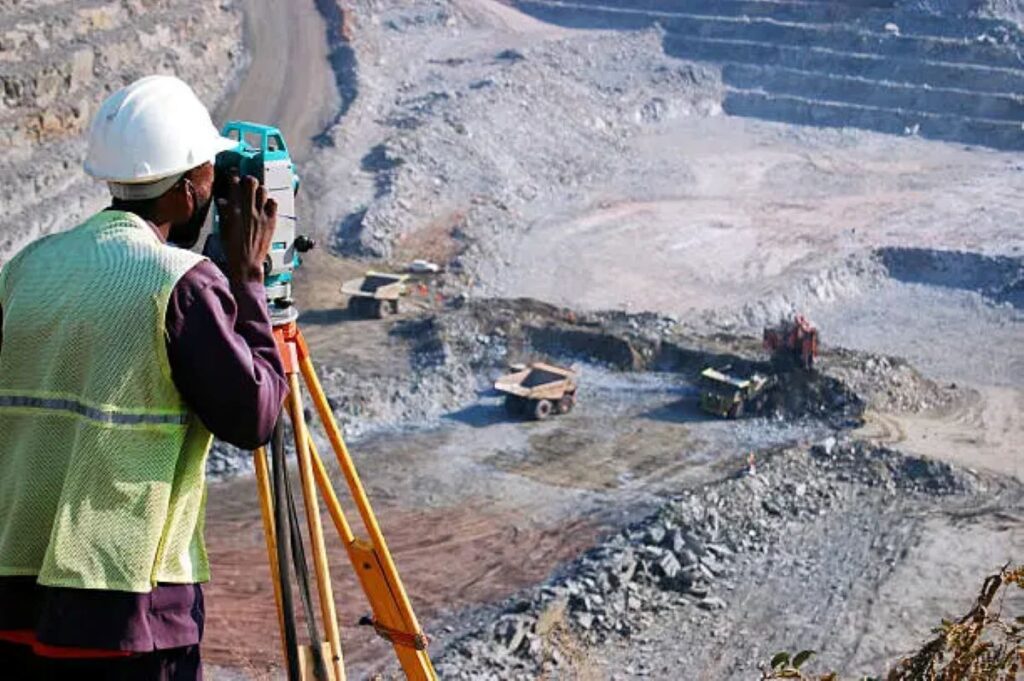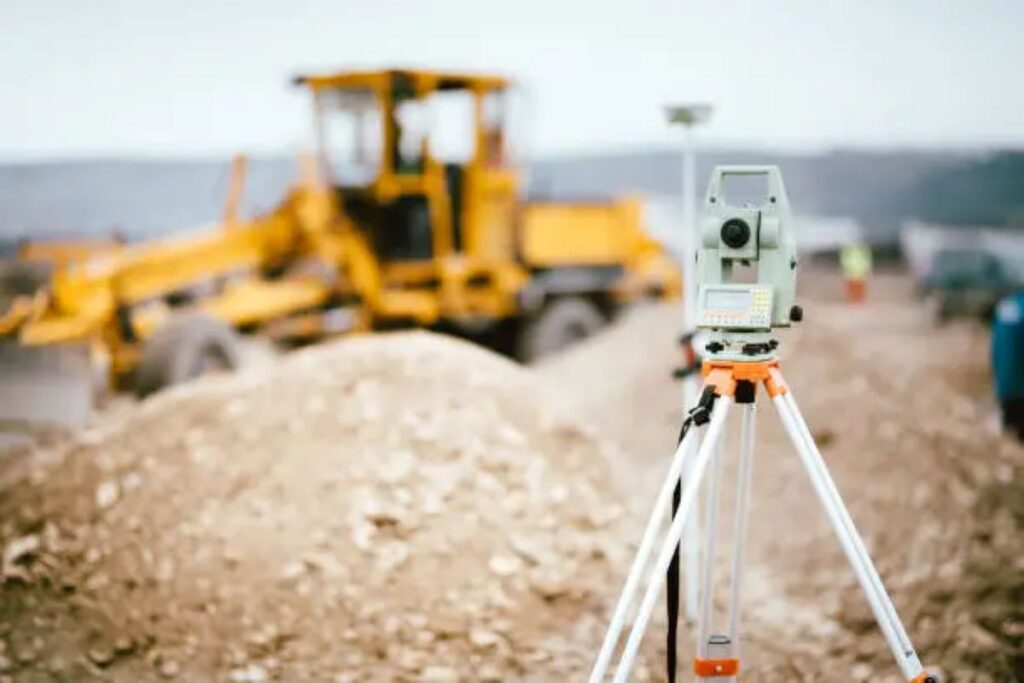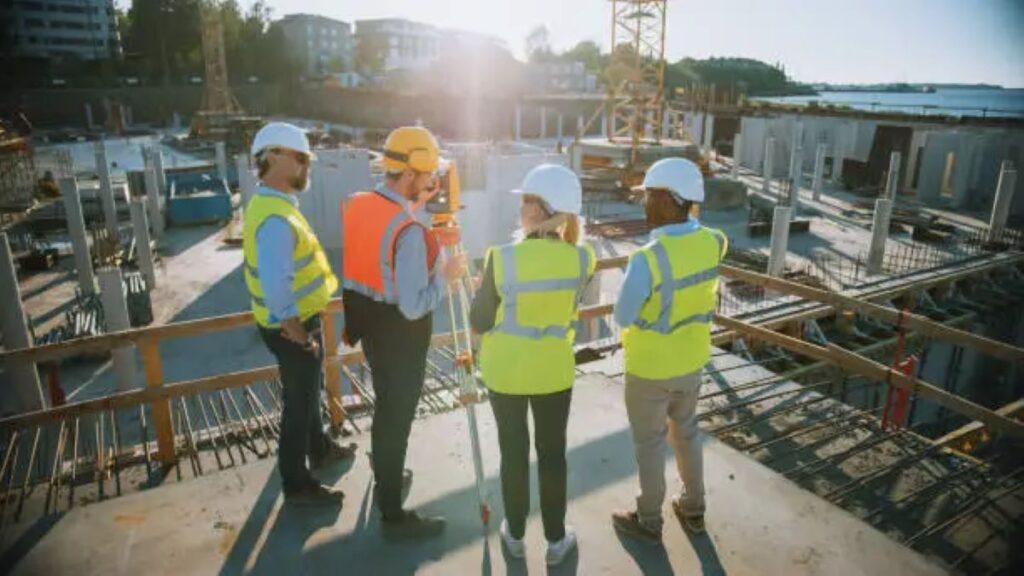How to Choose the Right Engineering Surveyor for Your Needs
Choosing the right engineering surveyor is critical in ensuring the success of any construction, land development, or infrastructure project. An engineering surveyor plays a vital role that goes beyond merely providing measurements; they contribute to the overall planning, design, and execution of projects. This article outlines the key points to consider when selecting an engineering surveyor tailored to your specific needs.
Understanding the Role of an Engineering Surveyor
Engineering surveyors are professionals who provide the necessary surveying services for various projects, including construction, civil engineering, and land developments. They are responsible for collecting and analysing data that informs project design and execution. Their expertise is crucial in ensuring that projects are completed accurately and within specified budgets.
In addition to their technical skills, engineering surveyors must possess a keen understanding of the regulatory frameworks that govern land use and construction. This knowledge enables them to navigate the complexities of planning permissions and environmental assessments, ensuring that projects not only adhere to legal standards but also contribute positively to the surrounding community. As urban development continues to expand, the role of engineering surveyors becomes increasingly vital in promoting sustainable practices and minimising the ecological impact of new constructions.
The Importance of Precision in Engineering Surveying
Precision is paramount in engineering surveying. Even minute errors can lead to significant issues down the line, impacting not only the integrity of a project but also its safety. Accurate surveys provide a solid foundation for all subsequent stages of construction, such as excavation, foundation laying, and structural assembly. Thus, engineering surveyors employ advanced tools and methods to achieve the highest level of precision in their work.
Moreover, the advent of technology has revolutionised the field of engineering surveying. The integration of drones and 3D modelling software has enhanced the ability to capture data from hard-to-reach areas and create detailed visual representations of sites. This technological advancement not only improves accuracy but also streamlines the surveying process, allowing for quicker decision-making and project progression. Engineering surveyors must stay abreast of these innovations to maintain their competitive edge and deliver the best possible outcomes for their clients.
Key Responsibilities of an Engineering Surveyor
The responsibilities of an engineering surveyor include conducting land surveys, preparing survey reports, and providing technical advice. They are involved in mapping out land, determining boundary lines, and ensuring that proposed projects align with planning regulations. Additionally, they often use sophisticated surveying equipment such as GPS, total stations, and laser scanners to gather data effectively.
Beyond these core duties, engineering surveyors play a pivotal role in project management and collaboration with various stakeholders. They often liaise with architects, engineers, and construction teams to ensure that all parties are aligned on project specifications and timelines. Their ability to interpret and communicate complex data is essential in facilitating discussions and resolving any discrepancies that may arise during the construction process. This collaborative aspect of their work not only enhances project efficiency but also fosters a culture of teamwork and shared responsibility among all involved in the project lifecycle.
Identifying Your Specific Surveying Needs
Every project comes with its unique set of surveying requirements. Understanding these specific needs is vital before beginning your search for an engineering surveyor. Whether your project is centred on construction, land development, or infrastructure, each domain demands a tailored approach to surveying.
Surveying for Construction Projects
For construction projects, surveyors must provide accurate land profiling, design layouts, and construction staking. The role of the surveyor here is to ensure that all elements of a project are in accordance with the architectural and engineering plans. They may also be tasked with monitoring compliance throughout the construction phase. This involves not only measuring and marking the land but also collaborating closely with architects and engineers to ensure that any adjustments to the design are accurately reflected on-site. The precision of their work is paramount, as even minor discrepancies can lead to significant delays and increased costs.
Surveying for Land Development
When it comes to land development, the focus shifts to land use assessment and zoning compliance. Engineering surveyors help evaluate the terrain, prepare subdivisions, and manage land title surveys. Their work lays the groundwork for future construction and development by ensuring that all necessary land criteria and regulations are followed. Additionally, surveyors often engage in environmental assessments to determine the impact of proposed developments on local ecosystems. This holistic approach not only aids in compliance with local laws but also fosters sustainable development practices that benefit the community and environment alike.
Surveying for Infrastructure Planning
Infrastructure projects such as roads, bridges, and utilities require a highly specialised approach to surveying. Engineering surveyors work extensively in site analysis, helping to identify optimal placement for structures while considering environmental factors, land use, and existing utilities. Their input is crucial in avoiding future complications in infrastructure systems. Furthermore, the integration of advanced technologies such as Geographic Information Systems (GIS) and 3D modelling has revolutionised the surveying process, allowing for more accurate data collection and analysis. This technological advancement not only enhances the efficiency of the planning process but also enables surveyors to present their findings in a more accessible format, facilitating better communication with stakeholders and the public.

Essential Qualifications to Look for in a Surveyor
When evaluating potential engineering surveyors, it is essential to consider their qualifications. The right qualifications ensure that the surveyor possesses the necessary knowledge and skills to manage your unique project successfully.
Academic Credentials and Professional Training
An engineering surveyor should possess a relevant degree, typically in surveying, civil engineering, or a closely related field. In addition to academic qualifications, professional training is essential. Many surveyors undergo further training to refine their skills in specific areas such as geospatial technology or land administration. Furthermore, practical experience gained through internships or work placements can be invaluable, as it allows surveyors to apply theoretical knowledge in real-world settings, enhancing their problem-solving abilities and technical expertise.
Licensing and Certification Requirements
In the UK, engineering surveyors must hold the appropriate licences and certifications to practice legally. Ensure that the surveyor you choose is registered with an official body, such as the Royal Institution of Chartered Surveyors (RICS). This not only verifies their qualifications but also demonstrates their commitment to professional ethics and standards. Additionally, many surveyors pursue continuing professional development (CPD) to stay abreast of the latest industry practices, technological advancements, and regulatory changes. This ongoing education is crucial in a field that is constantly evolving, ensuring that surveyors can deliver the most accurate and efficient services to their clients.
Evaluating the Experience and Expertise of a Surveyor
Experience can significantly impact the quality of surveying services. When selecting your surveyor, look for evidence of their expertise in handling projects similar to yours. This can help ensure that they are familiar with the specific challenges and requirements involved.
Specialised Experience in Your Type of Project
Different projects demand varying skills and knowledge bases. If you are involved in a construction project, it would be beneficial to hire a surveyor with extensive experience in that area. Specialised expertise can expedite the surveying process and enhance the overall effectiveness of your project. For instance, a surveyor who has worked on residential developments will understand the nuances of property boundaries and the implications of planning permissions, while one experienced in commercial projects may have a deeper understanding of site assessments and environmental impact studies. This tailored knowledge can be invaluable in avoiding potential pitfalls and ensuring that your project adheres to the highest standards.
Familiarity with Local Regulations and Standards
Local regulations can vary significantly from one area to another. A surveyor who is well-versed in the local laws, zoning codes, and permitting processes can help you navigate these complexities without delays or compliance issues. Their local knowledge can also provide valuable insights into the regional land characteristics that may affect your project. For example, understanding the historical context of land use in the area can inform decisions about potential environmental assessments or heritage considerations. Additionally, a surveyor familiar with local authorities can facilitate smoother communication and expedite the approval processes, which can often be a source of frustration for clients unfamiliar with the bureaucratic landscape.
Assessing the Reputation and Reliability of a Surveyor
Lastly, the reputation and reliability of an engineering surveyor are critical factors that should not be overlooked. A surveyor’s track record can provide deep insights into their performance, professionalism, and customer service.
Checking References and Reviews
Always check references and look for reviews from previous clients. This can help you gauge the surveyor’s reliability and quality of work. Ask for case studies or testimonials that demonstrate their ability to deliver on specific tasks related to your project’s requirements. A positive reputation is often a strong indicator of future performance. Additionally, consider exploring independent review platforms or industry-specific forums where clients share their experiences. This broader perspective can reveal patterns in service quality and highlight any recurring issues that may not be apparent from direct references. Click here to get more about the The Importance of Engineering Surveying for Construction Projects.

Assessing Communication Skills and Customer Service
Finally, strong communication skills are essential in the field of engineering surveying. A good surveyor should be able to articulate complex concepts in a manner that is easily understood by clients. Furthermore, attentive customer service can foster a positive working relationship, ensuring that all your concerns are addressed promptly throughout the surveying process. It is also beneficial to assess how responsive the surveyor is to your inquiries during the initial stages of engagement; this can be a telling sign of their commitment to client satisfaction. A surveyor who actively listens and provides clear, concise updates can significantly enhance the overall project experience.
Moreover, the ability to communicate effectively extends beyond just verbal interactions. A proficient surveyor will also utilise visual aids, such as diagrams and maps, to convey information more clearly. This not only helps in understanding the technical aspects of the project but also ensures that all stakeholders are on the same page. The importance of transparency in communication cannot be overstated, as it fosters trust and collaboration, which are vital for the successful completion of any engineering project.




